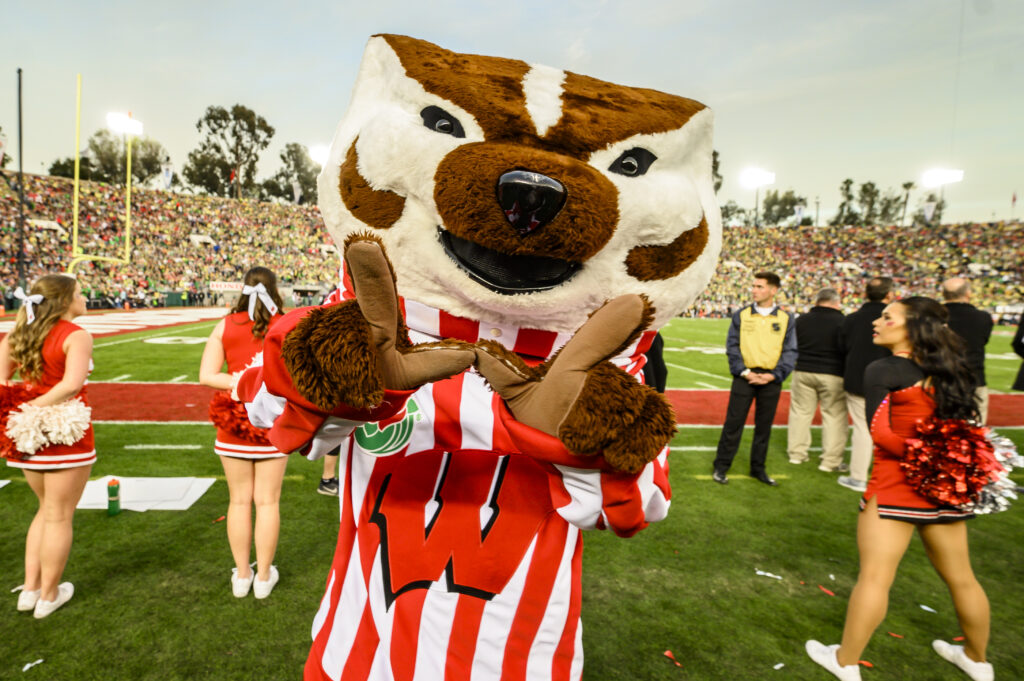By Erica Bunting
Alyssa Thompson first introduced herself to the world of women’s soccer in October 2022, when she became the youngest player ever drafted into the National Women’s Soccer League and the first to be drafted straight out of high school. She was selected by Angel City FC.
Alyssa is the first teenager to wear the USWNT Crest in nearly 30 years. She grew up watching many of the team’s veterans compete, including Megan Rapinoe, Alex Morgan, and Alyssa Naeher. Now she gets the privilege of sharing the field with them. There is a lot of pressure on Thompson to live up to the expectations of herself and returning players, proving that she does belong on the field.
Her World Cup Debut in 2023 generated excitement among fans everywhere. Securing a spot on this competitive roster was a huge stepping stone in Thompson’s early career. Her mother was particularly excited for Alyssa, saying in an interview with Winning Her Way, “As I think about you growing up, I can’t help but smile and remember you and your sister training in the backyard with Daddy.”
Following the 2023 World Cup and the USWNT’s abysmal performance, coach Vlatko Andonovski was let go, paving the way for Emma Hayes to take the reins. Hayes had a significant undertaking to prepare this team for the 2024 Paris Olympics. She needed to prove herself to the fans of the USWNT that she was the right choice.
Alyssa Thompson was not among the 18 players selected for the USWNT’s Olympic roster or for an alternate position. Her performance in her debut season was not enough to put Thompson in consideration for a position on the roster. Emma Hayes had her reasoning behind leaving Thompson off the Olympic roster, saying in an interview with Goal, “She is someone whose… international career started at a very early stage… I believe it does take time. Maybe she wasn’t ready before.”
Although disappointed by this news, Thompson did agree with Hayes’ decision, admitting that at times, everything being thrown at her was a lot to handle. At the end of the day Thompson is still just an 18-year-old professional athlete. As the USWNT pursued the Olympic gold, Thompson stayed behind to work on fine-tuning her skills and developing as a player and pledging to work even harder.
After five goals and two assists in her seven NWSL games, Thompson got the call from Coach Hayes in October, calling her up to the USWNT roster, and Thompson was not going to waste this opportunity.
In her first international game, she scored her first goal at 39 minutes in a friendly against Iceland. The smile that graced her face was the sign of resilience and resurgence on the field. In a post-game interview with The Athletic, she said, “ I feel like last year, and the last couple of years, I put a lot of pressure on myself. I think coming in this year, I just wanted to be confident in my abilities and know what I bring as a player, and not compare myself to other people.” Thompson wants everyone to know that Alyssa is here to stay.
Thompson continues to find new ways to sharpen her abilities to grow as a player. Hayes has acknowledged Thompson’s journey and skills progression. In a pre-game interview she told The Athletic, “I hope that we can look at someone like Alyssa Thompson’s situation, i.e., a 17-year-old coming into the program probably underprepared for that because the level is so much higher, to then have a journey which is pretty normal for a player. But I think she’s in the best place she has been in terms of her start to the season.”
Thompson is still a relatively new player in the league, with a lot of professional career development ahead. Still, all the tough love has led to Thompson’s shining moment, scoring goals and increasing her minutes with the USWNT.
Angel City FC captain and defender Ali Riley has viewed Thompson’s journey from many vantage points. She has competed on the same NWSL team as Alyssa, and is also a fellow Los Angeles native who attended Harvard-Westlake, the same high school as Thompson. Riley said in an interview with The Athletic, “Even when we look at how much she’s grown, her performances on the field, what’s so special about heroes that this is the beginning. I think she has the personality and the eloquence to be someone who can speak about being a woman in sport, being a woman of color in sport.”
Alyssa Thompson has returned to the United States National Team stronger, sharper, and more determined than ever. She is ready to reintroduce herself – not as a newcomer, but as a force.
She has reminded the world of who she is and what she is here to do. Welcome back, Alyssa.
